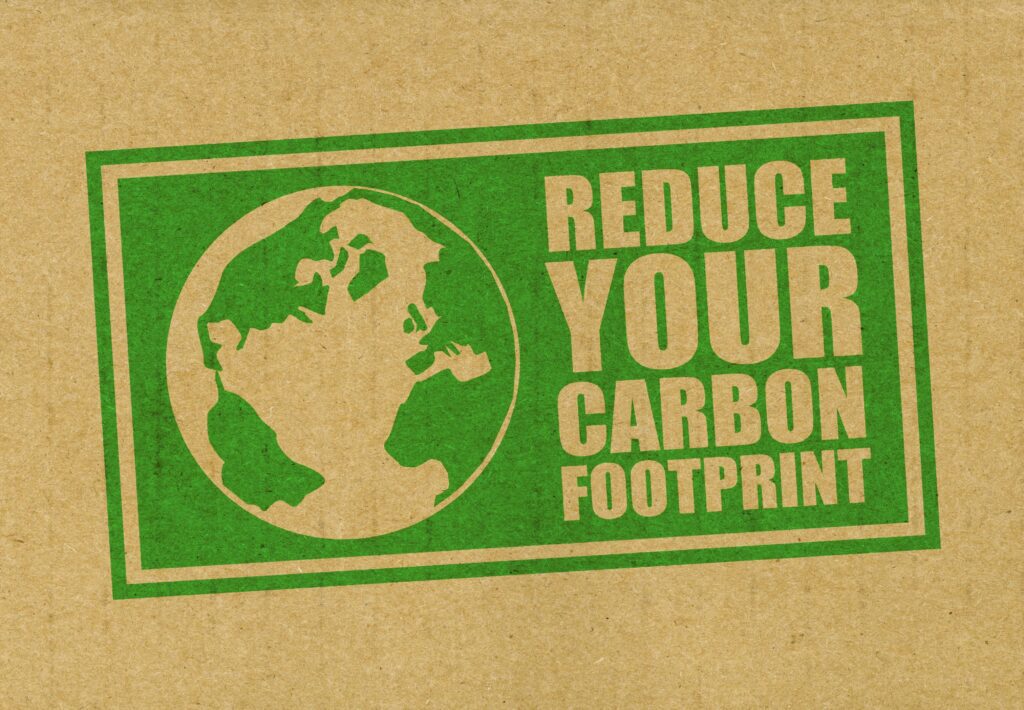
Remote working could have a huge impact on a company’s environmental footprint.
In 2014, a report from the Carbon Trust found that increasing the numbers of U.K. employees working from home could not only save over 3 million tonnes of carbon a year, but also cut costs by £3 billion for U.K. employers.
The pandemic, of course, has pushed home working into the mainstream. In 2020, approximately 5.6 million people primarily worked from home in the U.K., an enormous increase from the previous year. But how is this better for the environment?
The most obvious impact made is through the massive reduction in commuters.
Transportation is the largest contributor to greenhouse gas emissions in the U.K. More than half of that comes from personal vehicles, which almost 70% of people drive to work, usually alone.
Even a relatively small percentage of people being off the road would reduce traffic in peak commute times, which otherwise would result in more gasoline consumption and greenhouse gas emissions.
Fewer people commuting also has the potential to massively reduce pollution, making the air, particularly in and around cities, much cleaner.
During 2020 the effect of home-working was clear, with carbon emissions from transportation plummeting by 20%.

Letting employees work from home can also directly reduce the carbon footprint of your business, as well as save you time and money.
Offices, for example, can consume up to twice the amount of energy as employees working from home. This is not only because of computers or printing stations constantly left on stand-by, but because people tend to act less environmentally conscious in the office.
Advances in technology also mean that many jobs can now be done effectively online, outside of traditional workplaces. Still, obvious disparities remain in the share of homeworkers by industry, and you may think it just doesn’t work for your business.
In fact, the 2014 Carbon Trust report found that over 40% of U.K. jobs are compatible with working from home. Many companies even have policies allowing employees to do so.
However, many of the employees still go into the workplace, showing that it doesn’t need to just be implemented, but encouraged.
Of course, you don’t have to have all of your employees working from home all of the time. Hybrid working has become a very popular option for many, with, for example, three days in the workplace and two days at home.
We know that some Play it Green members have seen huge reductions in their carbon footprint from remote working as little as one day a week.

It is important to note that remote or hybrid working isn’t always better for the environment. While it may reduce the company’s footprint, it can increase the emissions from employees working at home.
This is a particular problem in the winter as people are more likely to have their heating on.
As a business, this means that care must be taken to factor in all the circumstances when considering home-working policies, ensuring that they actually cut carbon emissions and not increase them.
Workplaces that can achieve the greatest environmental impact through home-working tend to be those with long average employee commutes, especially by car.
Even with this, more and more businesses are choosing to adopt home working as a permanent fixture in a bid to become more sustainable.
A survey by the Institute of Directors of almost 1,000 firms found that 74% plan of maintaining their pandemic-related increase in home-working. More than half also planned on reducing their long-term use of workplaces.
Another survey of businesses who had already cut workplace use found that 44% of them believed home-working was proving “more effective”.
A switch to home-working is included in Play it Green’s Net Zero Framework, free to access for all of our business members.
The Framework allows the business to review, plan and set actions in 9 key programme areas that will ultimately take them to net zero: Governance, Energy and Emissions, Food, Procurement, Transportation, Venue, Resource Use and Waste, Water, and Projects and Workforce.
Major companies such as Microsoft, Spotify, Google, and Facebook are also among the many that have now embraced hybrid working, in line with many of their plans to become net-zero by mid-century.
If you’re looking to become a more sustainable business, remote or hybrid working may be a good option for you.




